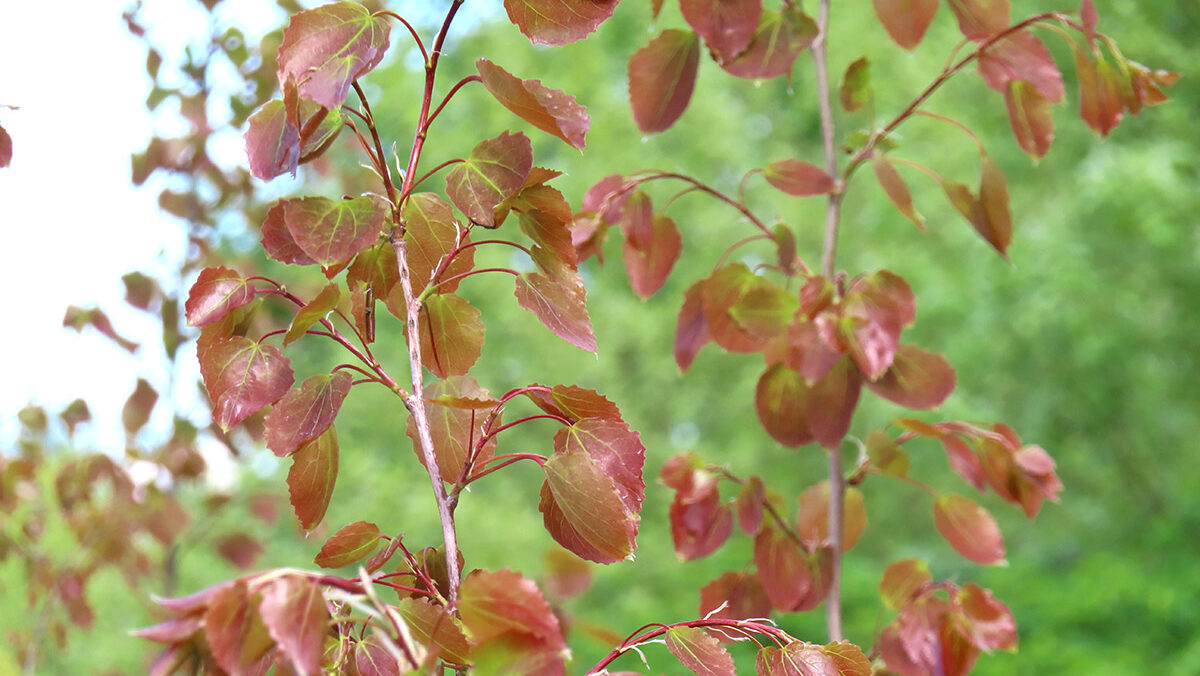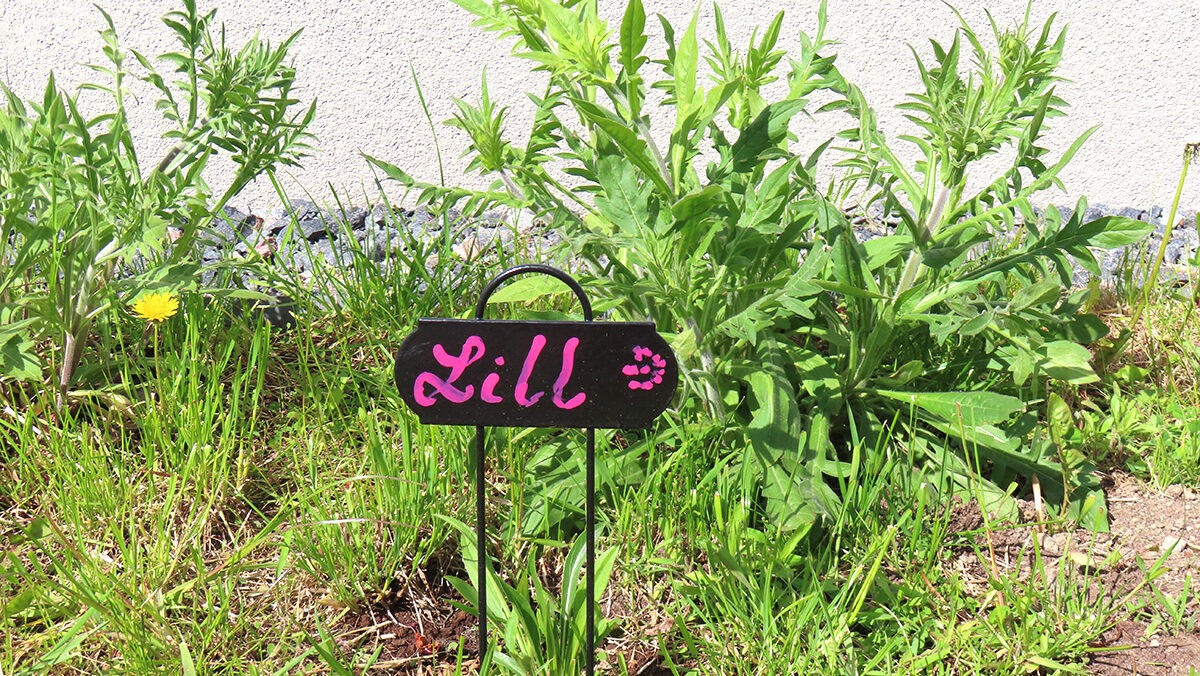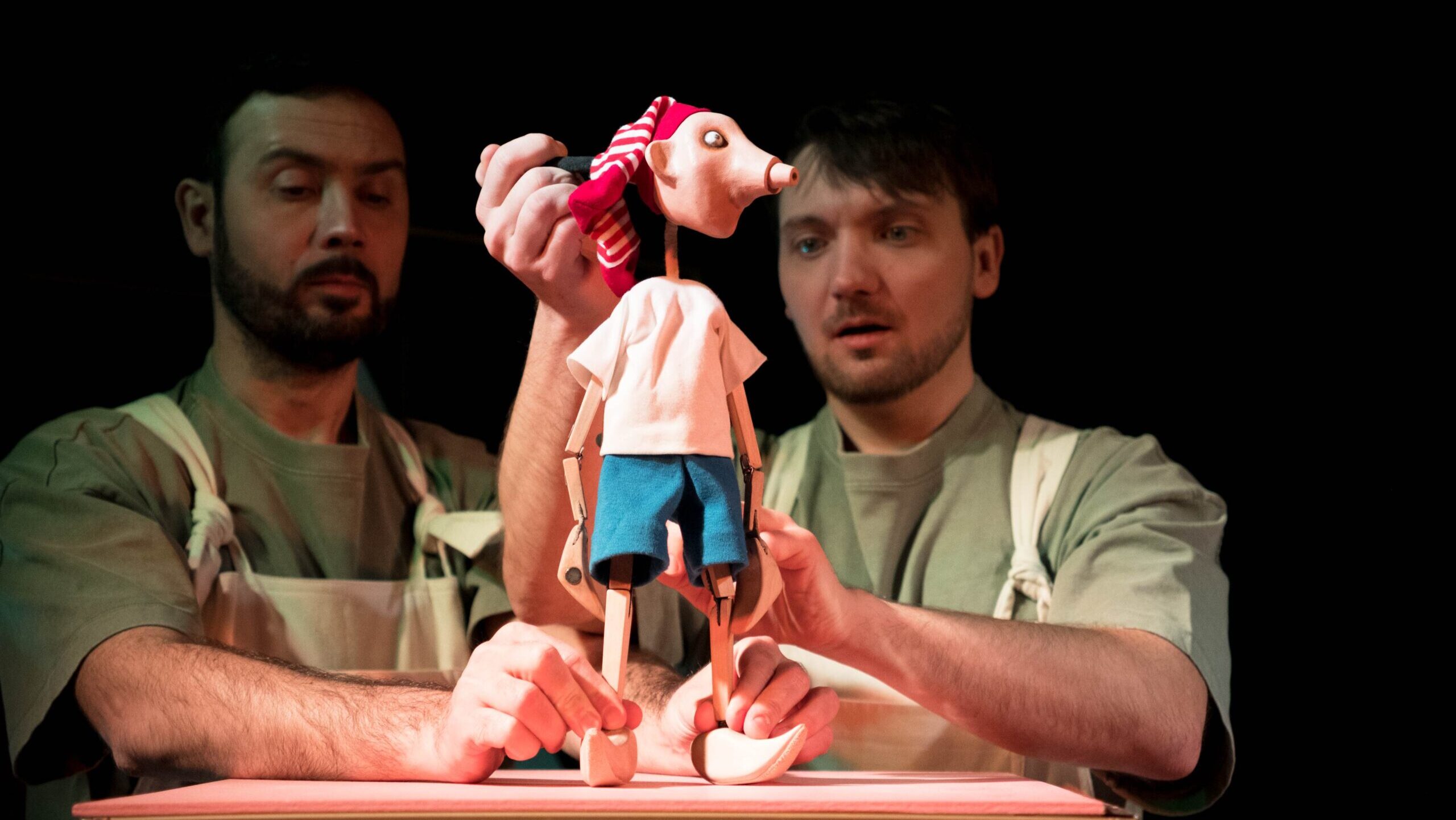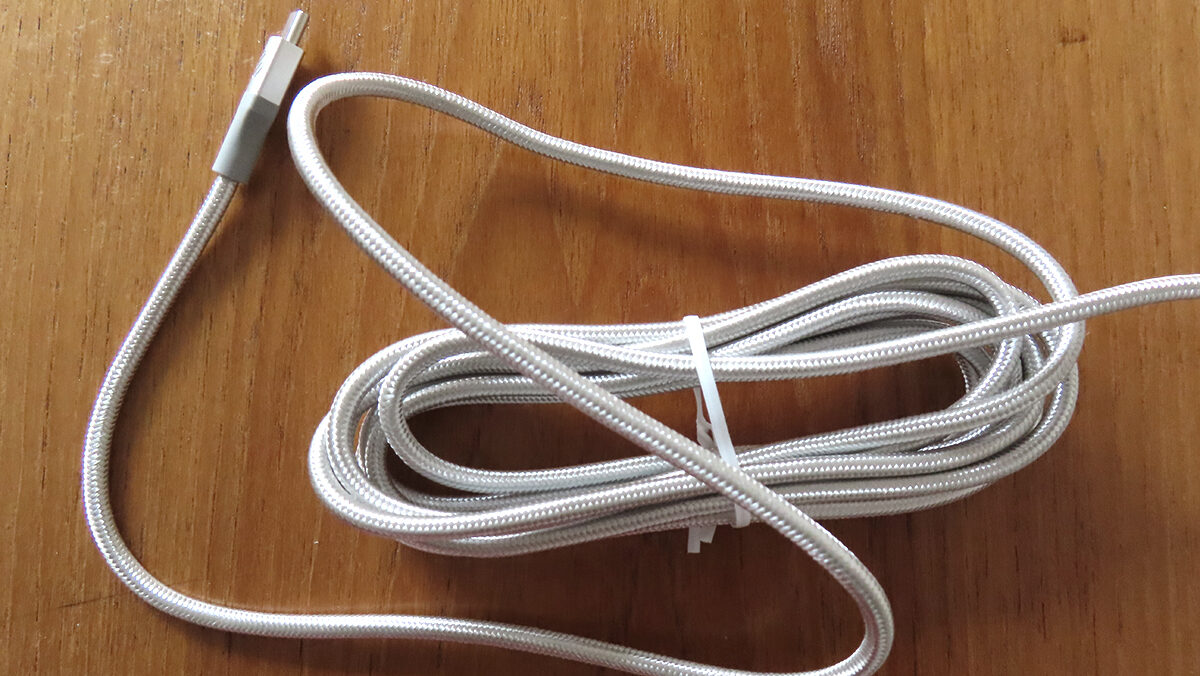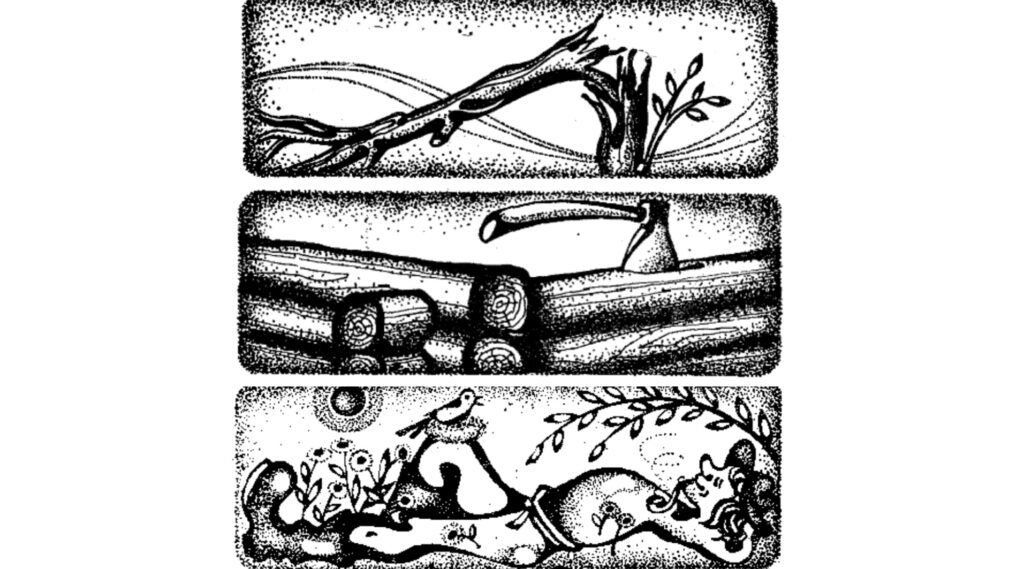
What am I going to do once I finish college? Do I really want to go to college? Why do things work the way they do? Do I have as much of a choice about my path as I think I do? These are some of the questions that might be going around in your head. Unfortunately, it can take a long time for a person to figure out the answers to these kinds of questions in a way that fits who they are. However, there are quite a few useful ideas we can pick up from Estonian vanasõnad, or old proverbs, as we approach becoming an adult and living independently. (You can find a whole encyclopedia of them published by the Eesti Kirjandusmuuseum [Estonian Literary Museum] at folklore.ee/eesti-utlused/vanasonaraamat .)
It makes sense that we want to know what life is all about all over, especially when being young has so many limitations. But there’s only so much time to do it all.
To start, consider how “Ega kõik maailma head või kätte saada.” (EV 888:2 ; “You can’t get all the good things in the world.”). It’s true. No matter how much we want to do everything, no matter how much we want to see every country, solve every global problem, speak every language, and climb every mountain (metaphorically or literally), we just can’t. It makes sense that we want to know what life is all about all over, especially when being young has so many limitations. But there’s only so much time to do it all. Here’s where focus becomes really important.
Think about what makes you most interested, things you wish most of all you could change about the world, what makes you feel the most free and full of energy. As people always say, what would make you excited to wake up early? And think about that from your own point-of-view, about what fits your own personality, not what would impress other people or make others happy. It may come down to a bit of a list, which is totally fine, because you can use that to experiment and then find out the best thing to focus on.
Or, if you don’t want to choose one thing and you’re okay with some things waiting before you work on them, write this list down and keep it nearby, knowing that you can pursue other interests later.
By doing that, you “Ehita enne kaev, siis maja.” (EV 2899:6 ; “Build the well first, then the house.”). You’re doing your “research” so to speak, before you put a lot of effort into a goal. You’re building on a solid site that you know can be sustained for a long time. You’ll be living with intention and have the time needed to become skilled at something you care about. In his book Outliers, Canadian author Malcolm Gladwell proposed that it takes 10,000 hours of practice to become an expert at something. Being focused on a goal will allow that to happen. This goal is, of course, in addition to the core experiences that will be part of a well-balanced life, like time with friends and family or keeping healthy in body and mind. To use yet another analogy: the people in your life, your health, and doing meaningful work are like the “bread” of a cake. Everything else is “icing.” Icing is tasty, but if there’s too much of it, you’ll get an upset stomach.
Along the way, you’ll come to find that “Head riistad on pool tööd.” (EV 9631:1 ; “Good tools are half the work.”). This isn’t just human-made tools either, the kind you invest in with financial resources. It can be your body and mind. Eating well and exercising will keep you at the top of your game. Continuing to educate yourself, exploring your interests, and getting to know people will give you the empathy, confidence, and energy needed to act with intention and integrity. American educator Stephen Covey demonstrated this when he spoke about “sharpening the saw” through activities like sports and community service in his book The 7 Habits of Highly Effective People.
Make time for doing nothing. Absolute, sweet nothing. Being in your 20s, there’s bound to be a lot of rushing around. Sometimes that rushing around continues throughout one’s life. But making time for doing nothing is so important.
However, resting is also a valuable part of maintaining your “tools.” Remember to “Istu ja puhka, küll siis tie joudab.” (EV 2269:1 ; “Sit down and rest, you’ll be fine.”) Make time for doing nothing. Absolute, sweet nothing. Being in your 20s, there’s bound to be a lot of rushing around. Sometimes that rushing around continues throughout one’s life. But making time for doing nothing is so important. It gives us time to process what’s happening. We can use this time to make sure we’re on the right path and to enjoy the little things. Things like a great joke, a delicious meal, fresh air, and a warm blanket. Really.
It seems old Estonians had a good handle on living with intention. So let yourself linger a bit. Let yourself learn from mistakes. This isn’t a race, this is your life, and it’s yours to savour.
